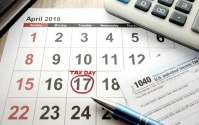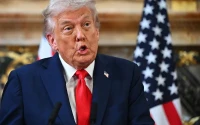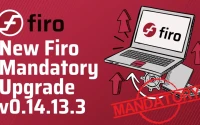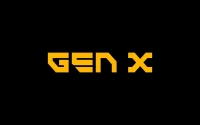Denny's $620 Million Buyout: A Sweet Deal, Or Just Syrup?
The Grand Slam Gamble
Okay, let's break down this Denny's deal. A group of investors, including Yadav Enterprises and some private equity folks who also own TGI Friday’s and P.F. Chang’s, are buying the whole pancake house chain for $620 million. Stockholders get $6.25 per share. The immediate reaction? Denny's stock price shot up almost 50% on the news. Which, frankly, it should have.
The buyout price represents a 52.1% premium over Denny's market valuation on November 3, 2025. That's a significant jump. Kelli Valade, Denny's CEO, called it "significant, near-term and certain cash value" for stockholders. And she's not wrong, at least on the surface.
But here's where the syrup gets a little sticky. Before this deal, Denny's stock had lost roughly a third of its value during 2025. So, while a 50% jump sounds impressive, it's really just clawing back losses from earlier in the year. It's like celebrating a marathon finish after you tripped and crawled for the first ten miles. The finish line is good, but the journey was rough.
And what about the long-term implications? Denny's has been publicly traded since 1968. Going private means it’s off Nasdaq. No more quarterly earnings calls, no more public scrutiny. It's a chance for the new owners to reshape the company away from the glaring lights of Wall Street.
Digging into the Details
The investor group isn't exactly a bunch of mom-and-pop operators. Yadav Enterprises, while not a household name, clearly has the capital and appetite for expansion. And the private equity firm already has experience in the casual dining space. They see something in Denny's that the public market apparently missed.
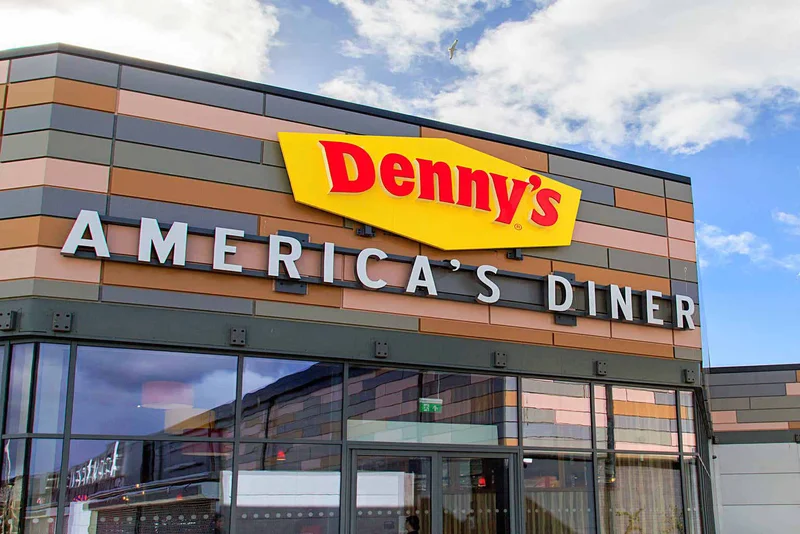
What do they see? Maybe they think they can streamline operations, cut costs, and boost profitability without the pressure of immediate shareholder returns. Private equity loves that kind of play. Maybe they're planning a massive rebranding effort. The possibilities are endless, really.
But let’s not forget the closures. Denny's has shuttered over 180 restaurants since late 2024. That’s a pretty big number. Are these closures a sign of deeper problems, or just a necessary pruning of underperforming locations? And how does Arizona, where Denny's operates 73 locations, factor into the overall strategy? (I've looked at enough of these deals to know that regional performance often dictates the overall strategy). Details on the exact reasons for these closures remain scarce, but the timing certainly raises eyebrows.
The question I keep coming back to is this: If Denny’s was such a steal at the pre-buyout price, why didn’t someone step in earlier? What changed between October and November that made Denny's suddenly worth 50% more? Was there some internal restructuring that wasn’t publicly announced? Or did the buyers simply make an offer too good to refuse, regardless of the underlying fundamentals?
A Slightly Undercooked Deal
So, is this a sweet deal or just syrup? My take? It’s probably somewhere in between. Stockholders get a decent payday after a rough year. The new owners get a chance to revamp a classic brand. But the long-term success of this deal hinges on their ability to address the underlying issues that have plagued Denny's in recent years. And whether they can do that without the transparency of the public market remains to be seen. I wonder if they will try to change the menu. I've always thought that Denny's menu is way too big.
And this is the part of the analysis that I find genuinely puzzling. If the plan involves closing even more locations, won’t that just accelerate the decline? Or is the idea to focus on a smaller, more profitable core of restaurants? The lack of clear communication from the company is, frankly, frustrating. Denny's $620 million deal is wild. What it means for stockholders and customers - The Arizona Republic
What's the Real Story Here?
The 52.1% premium looks great, but it masks a year of underperformance. It's a sugar coating on a potentially stale pancake.




